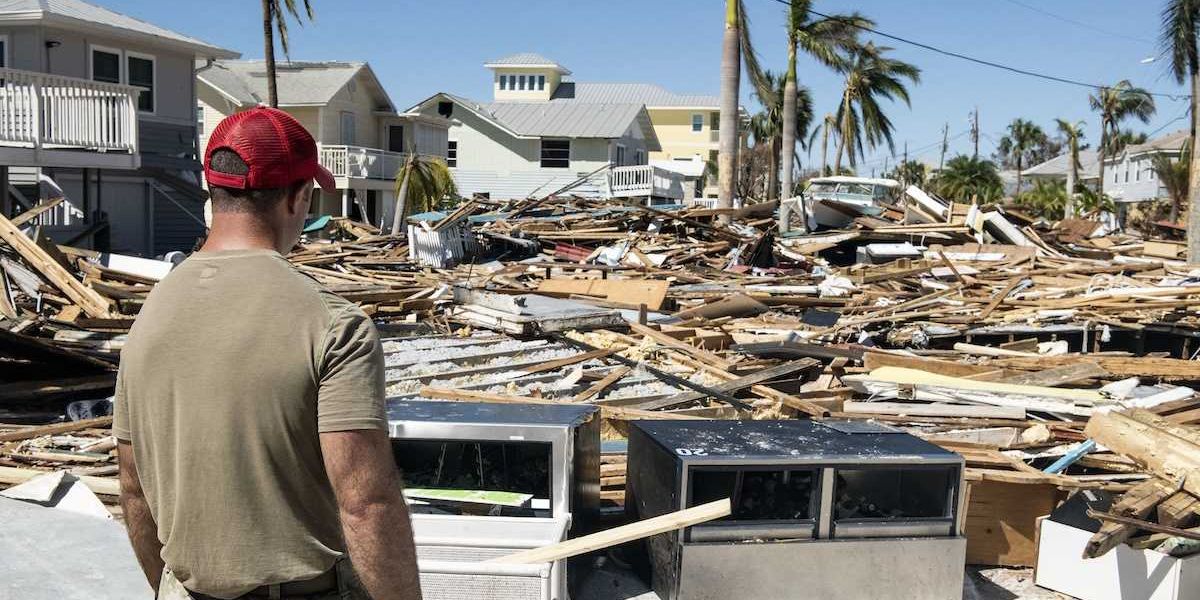Trump pushes coal revival as experts warn cleaner energy is key to grid stability
As electricity demand surges and extreme weather strains the U.S. power grid, the Trump administration is attempting to keep coal plants alive despite expert warnings that clean energy offers a more reliable and cost-effective path forward.
Jeff St. John reports for Canary Media.
In short:
- President Trump signed an executive order allowing the Department of Energy to block the closure of coal plants, bypassing environmental rules and state utility regulation.
- Grid reliability concerns are rising due to climate-driven weather extremes and growing demand from industries like data centers, but experts argue renewables and storage can meet needs if deployed quickly.
- Critics say delaying coal retirements and blocking clean energy tax credits will raise costs, increase pollution, and leave the grid more vulnerable, not less.
Key quote:
“Reliability is actually a characteristic of the entire electricity system, and individual resources contribute to reliability as part of a balanced portfolio. So whenever you hear someone talking about the reliability of a single resource, that should raise a flag that is not necessarily grounded in full truth.”
— Sara Baldwin, senior electrification director at Energy Innovation
Why this matters:
The U.S. power grid is at a tipping point. Demand is skyrocketing, driven by electrification, manufacturing growth, and data centers that consume massive amounts of electricity. At the same time, the grid is aging and vulnerable to disruptions from extreme weather, which is growing more frequent and severe due to climate change. Coal plants, once indispensable in electricity generation, are now expensive, dirty, and increasingly unreliable. While some policymakers advocate keeping these plants open in the name of reliability, evidence shows that modern clean energy sources like solar, wind, and batteries can often perform better when properly integrated into the grid.
Learn more: Trump bets on coal as Kentucky’s power edge fades













